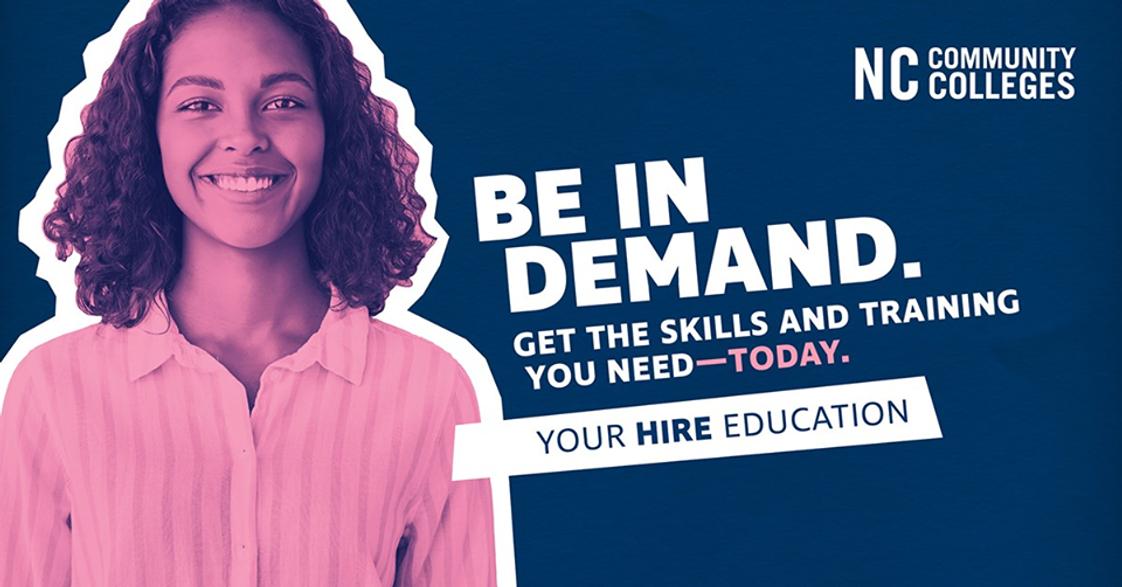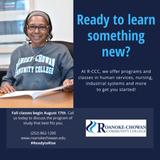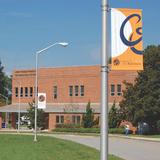- As a member of the North Carolina Community College System, the mission of Roanoke-Chowan Community College is to provide relevant and affordable programs of study to prepare students for transfer and/or entry into the workforce, leading them to contribute to the vitality of an increasingly global community.
School Highlights
Roanoke-Chowan Community College serves 811 students (21% of students are full-time).
The college's student:teacher ratio of 7:1 is lower than the state community college average of 13:1.
Minority enrollment is 69% of the student body (majority Black), which is more than the state average of 48%.
Quick Stats (2025)
- Enrollment: 811 students
- In-state tuition: $2,432
- Out-state tuition: $8,576
- Student:teacher ratio: 7:1
- Minority enrollment: 69%
- Source: Verified school update
Top Rankings
Roanoke-Chowan Community College ranks among the top 20% of public schools in North Carolina for:
Category
Attribute
School Overview
The teacher population of 115 teachers has stayed relatively flat over five years.
Roanoke-Chowan Community College
(NC) Community College Avg.
Carnegie Classification
Associate's Colleges: High Transfer-High Traditional
Associate's Colleges: Mixed Transfer/Career & Technical-High Nontraditional
Institution Level
At least 2 but less than 4 years
At least 2 but less than 4 years
Institution Control
Public
Public
Total Faculty
115 staff
256 staff
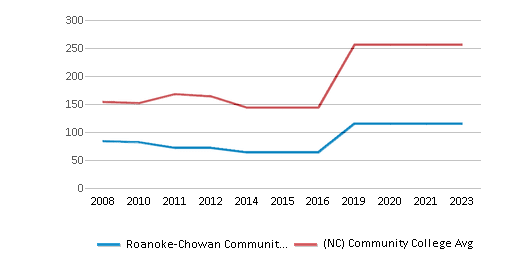
School Calendar
Student Body
The student population of Roanoke-Chowan Community College has grown by 24% over five years.
The student:teacher ratio of 7:1 has increased from 5:1 over five years.
The Roanoke-Chowan Community College diversity score of 0.52 is less than the state average of 0.66. The school's diversity has declined by 7% over five years.
Total Enrollment
811 students
2,542 students
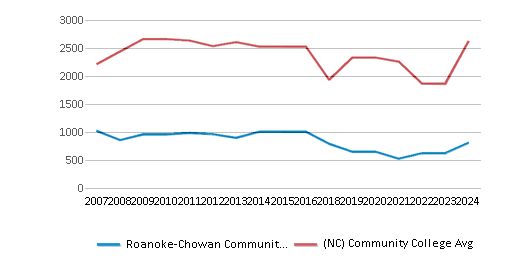
Student : Teacher Ratio
7:1
13:1
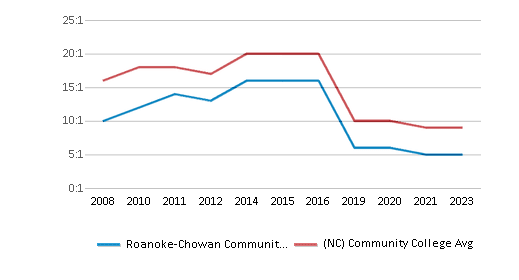
# Full-Time Students
172 students
766 students
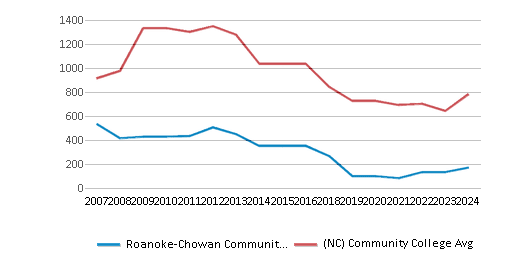
# Part-Time Students
639 students
1,813 students
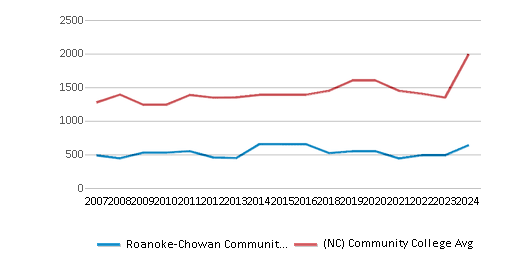
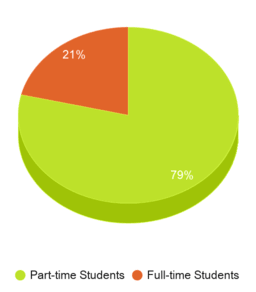
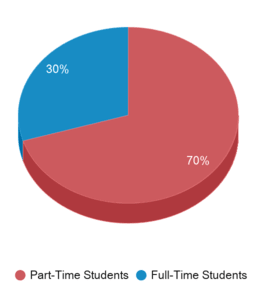
# Enrollment Undergraduate
811 students
316 students
# Full-Time Undergraduate Students
172 students
766 students
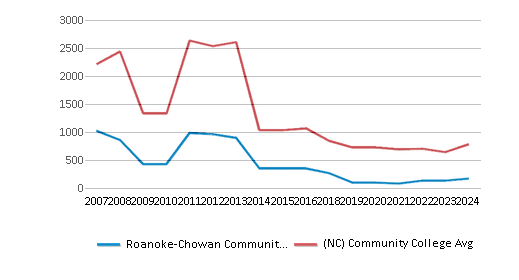
# Full-Time Graduate Students
n/a
22 students
# Part-Time Undergraduate Students
639 students
1,990 students
# Part-Time Graduate Students
n/a
3 students
Total Dormitory Capacity
n/a
717 students
% American Indian/Alaskan
1%
1%
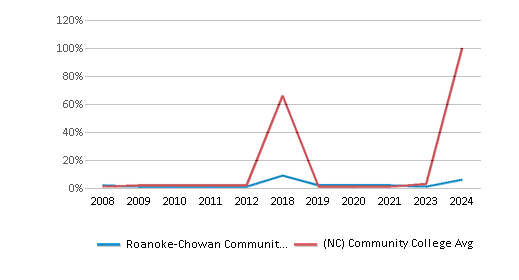
% Asian
1%
3%
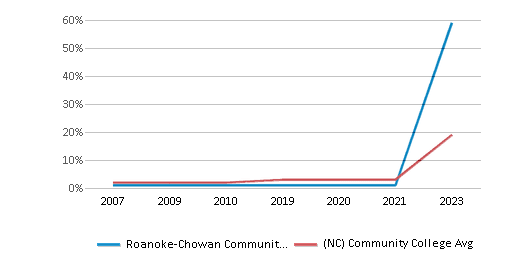
% Hispanic
2%
13%
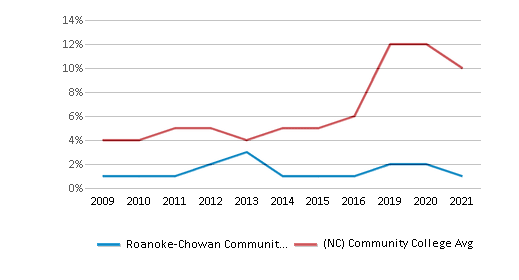
% Black
62%
21%
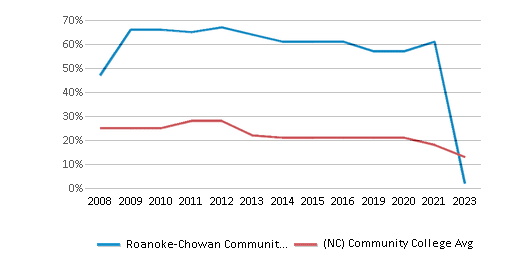
% White
31%
52%
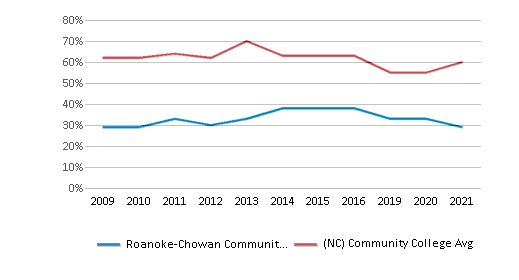
% Hawaiian
n/a
1%
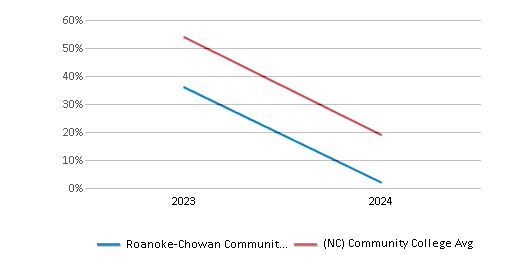
% Two or more races
1%
3%
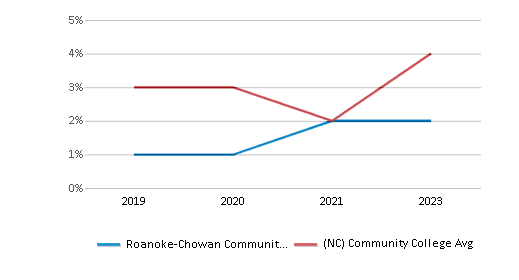
% Non Resident races
n/a
1%
% Unknown races
2%
5%
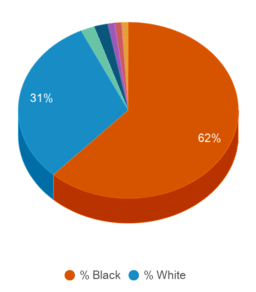
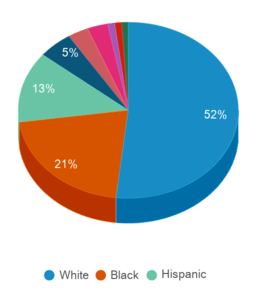
Diversity Score
0.52
0.66
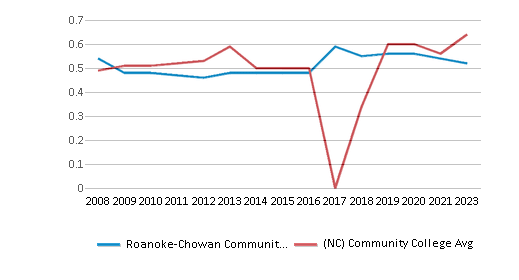
College Completion Rate (Students who graduate in less than 4 years)
0.4667%
0.3684%
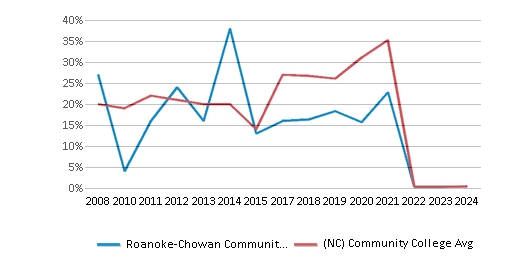
College Completion Rate (Students who graduate in 4 years or more than 4 years)
n/a
0.4286%
Average Graduate Earnings (10 Years)
$25,300
$27,500
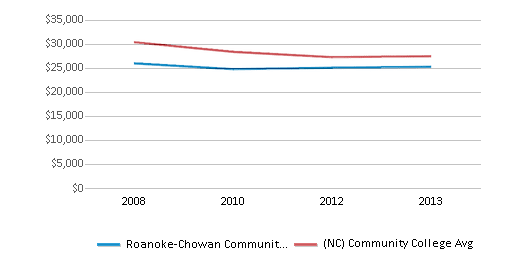
Tuition and Acceptance Rate
The public in-state tuition of $2,432 is less than the state average of $3,915. The in-state tuition has declined by 7% over four years.
The public out-state tuition of $8,576 is less than the state average of $9,508. The out-state tuition has stayed relatively flat over four years.
In-State Tuition Fees
$2,432
$3,915
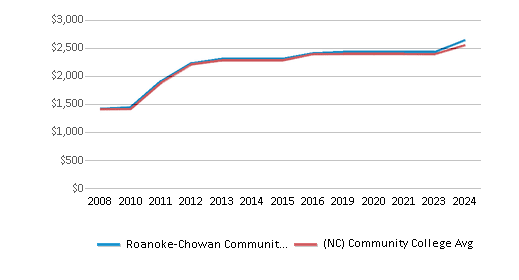
Out-State Tuition Fees
$8,576
$9,508
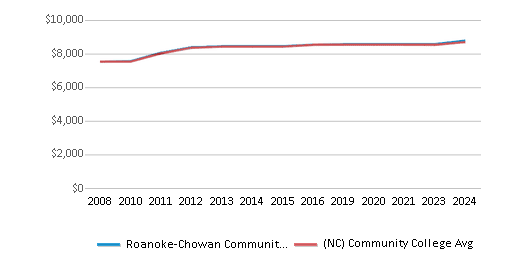
% Students Receiving Some Financial Aid
67%
82%
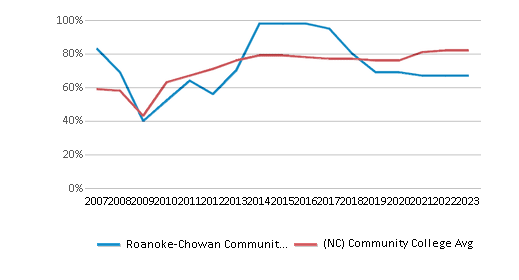
Median Debt for Graduates
$4,175
$9,500
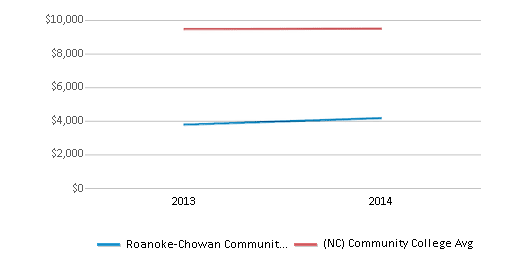
Median Debt for Dropouts
$2,052
$6,000
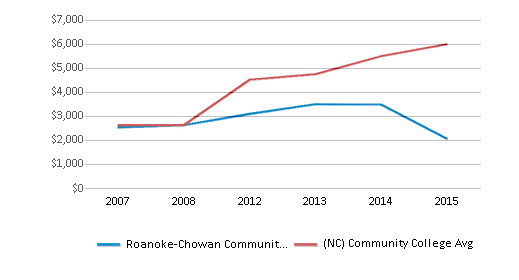
Acceptance Rate
n/a
82%
SAT Reading
n/a
488
SAT Math
n/a
498
ACT Composite
n/a
20
ACT English
n/a
13
ACT Math
n/a
16
Extracurriculars
Total ExtracurricularsTotal Extra-curric.
9 extracurriculars
ExtracurricularsExtra-curric.
Club or Organization:
Computer Information Technology Club, Male Mentoring, Nursing Club, Phi Beta Lambda, Phi Theta Kappa Honor Society, Skills USA, Student Ambassadors, Student Government Association, Women of Standards
Computer Information Technology Club, Male Mentoring, Nursing Club, Phi Beta Lambda, Phi Theta Kappa Honor Society, Skills USA, Student Ambassadors, Student Government Association, Women of Standards
Source: 2024 (or latest year available) Integrated Postsecondary Education Data System (IPEDS)
School Notes
- In 1967 an abandoned prison compound located near the Village of Union was purchased. Under the leadership of the State Rep. Roberts H. Jernigan, Jr., and with the support of Sen. J. J. "Monk" Harrington and Rep. Emmett Burden, funds to establish a two-year, vocational and technical training institution in Hertford County were provided by the North Carolina General Assembly. Originally called Roanoke-Chowan Technical Institute, the institution's name changed to Roanoke-Chowan Technical College in 1981 and to Roanoke-Chowan Community College in 1987. The 41-acre RCCC campus boasts five modern classroom buildings. Also, a seven-acre Arboretum/Environmental Science Outdoor Laboratory is part of the campus. It has been designated as a Project WILD Education Site by the NC Wildlife Resources Commission. The site is open to the public for self-guided tours and is used as part of curricular and continuing education classroom instruction. More than 20 curricular programs now are offered in which students can earn associate in arts degrees, associate in science degrees, associate in applied science degrees, and associate in general education degrees, as well as diplomas and certificates. The College also has taken greater strides to provide transfer opportunities for students to pursue higher-level degrees. Through the North Carolina Community College System, a formal transfer agreement has been established with the 16-member University of North Carolina System, as well as with a variety of private colleges.
Frequently Asked Questions
How much does Roanoke-Chowan Community College cost?
Roanoke-Chowan Community College's tuition is approximately $2,432 for In-State students and $8,576 for Out-State students.
What is Roanoke-Chowan Community College's ranking?
Roanoke-Chowan Community College ranks among the top 20% of community college in North Carolina for: Average community college minority breakdown.
Recent Articles

Obtaining Your Bachelor's Degree at a Community College
Explore the evolving landscape of community colleges offering bachelor's degrees, addressing affordability, accessibility, and workforce needs.

A to Z of Community College Certificates and Courses
From business and healthcare to technology and skilled trades, the article showcases the breadth of options available to students seeking to enhance their knowledge, develop new skills, or pursue career advancement.

What is a Community College?
This comprehensive guide explains what a community college is, its history, and its role in higher education. It covers the types of programs offered, differences from four-year colleges, benefits of attending, and important considerations for prospective students, providing valuable insights for those exploring educational options.



